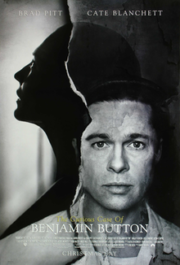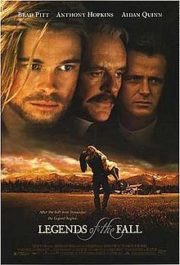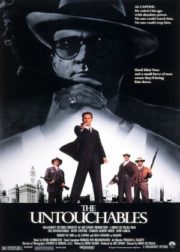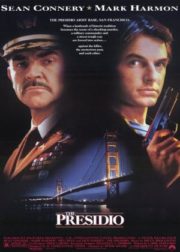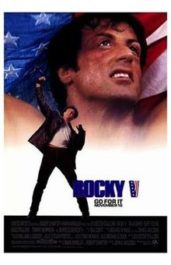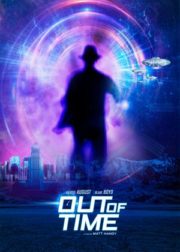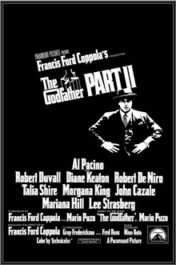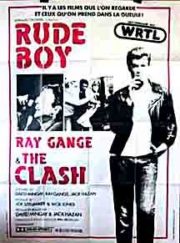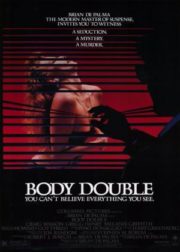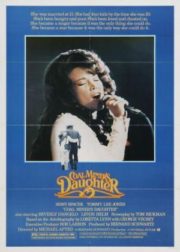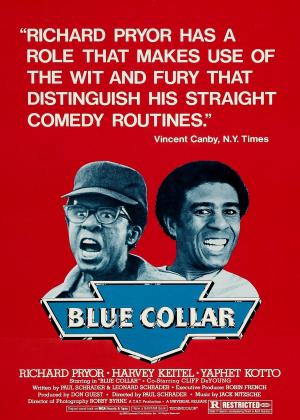
Submit your review | |
Blue Collar is a powerful drama directed by Paul Schrader that explores the harsh realities faced by blue-collar workers in America. With a compelling story, stellar performances, and thought-provoking themes, the film serves as a poignant social commentary on the struggles and disillusionment of the working class.
The story revolves around three auto workers, Zeke Brown (Richard Pryor), Jerry Bartowski (Harvey Keitel), and Smokey James (Yaphet Kotto), who toil away in a Detroit automobile factory. Frustrated with their low wages, lack of job security, and oppressive work conditions, the trio decides to take matters into their own hands by planning a risky burglary. However, their plan soon unravels, leading them down a dangerous path of corruption, betrayal, and unexpected consequences.
Blue Collar stands out for its raw and authentic portrayal of the working class experience. It delves deep into the lives of the characters, exploring their struggles, frustrations, and the moral dilemmas they face. The film sheds light on the dehumanizing effects of the assembly line, the exploitation of labor, and the societal pressures that push individuals to desperate measures.
Richard Pryor delivers a standout performance as Zeke, infusing his character with a mix of humor, vulnerability, and righteous anger. Harvey Keitel and Yaphet Kotto also give compelling performances, effectively capturing the complexities of their respective characters. Their chemistry and camaraderie create a strong sense of camaraderie and shared hardship among the trio.
Paul Schrader's direction brings a gritty and authentic atmosphere to the film. The setting of the rundown factory and the decaying neighborhoods reflect the decline of the working class and serve as a backdrop for the characters' struggles. The film's visual style, with its muted color palette and gritty cinematography, adds to the overall sense of realism and despair.
What sets Blue Collar apart is its exploration of broader themes such as class struggle, systemic injustice, and the erosion of worker solidarity. The film invites viewers to contemplate the moral complexities faced by individuals in dire circumstances, and raises questions about the fairness and ethics of the capitalist system.
While the pacing of the film may feel slow at times, it allows for a deeper immersion into the characters' lives and the socio-economic issues they confront. The screenplay, co-written by Paul Schrader and Leonard Schrader, is filled with sharp dialogue and moments of intense drama that resonate long after the credits roll.
Blue Collar is an important film that sheds light on the struggles and injustices faced by the working class. Its ability to combine powerful performances, social commentary, and gripping storytelling make it a standout in the realm of gritty dramas. It serves as a reminder of the human cost of labor exploitation and the urgent need for societal change.
In conclusion, Blue Collar is a compelling and thought-provoking film that shines a spotlight on the struggles and disillusionment of the working class. With its strong performances, gritty atmosphere, and exploration of pertinent social themes, it remains relevant and resonant even decades after its release. For those seeking a poignant and impactful examination of the human toll of blue-collar work, Blue Collar is a must-watch.

